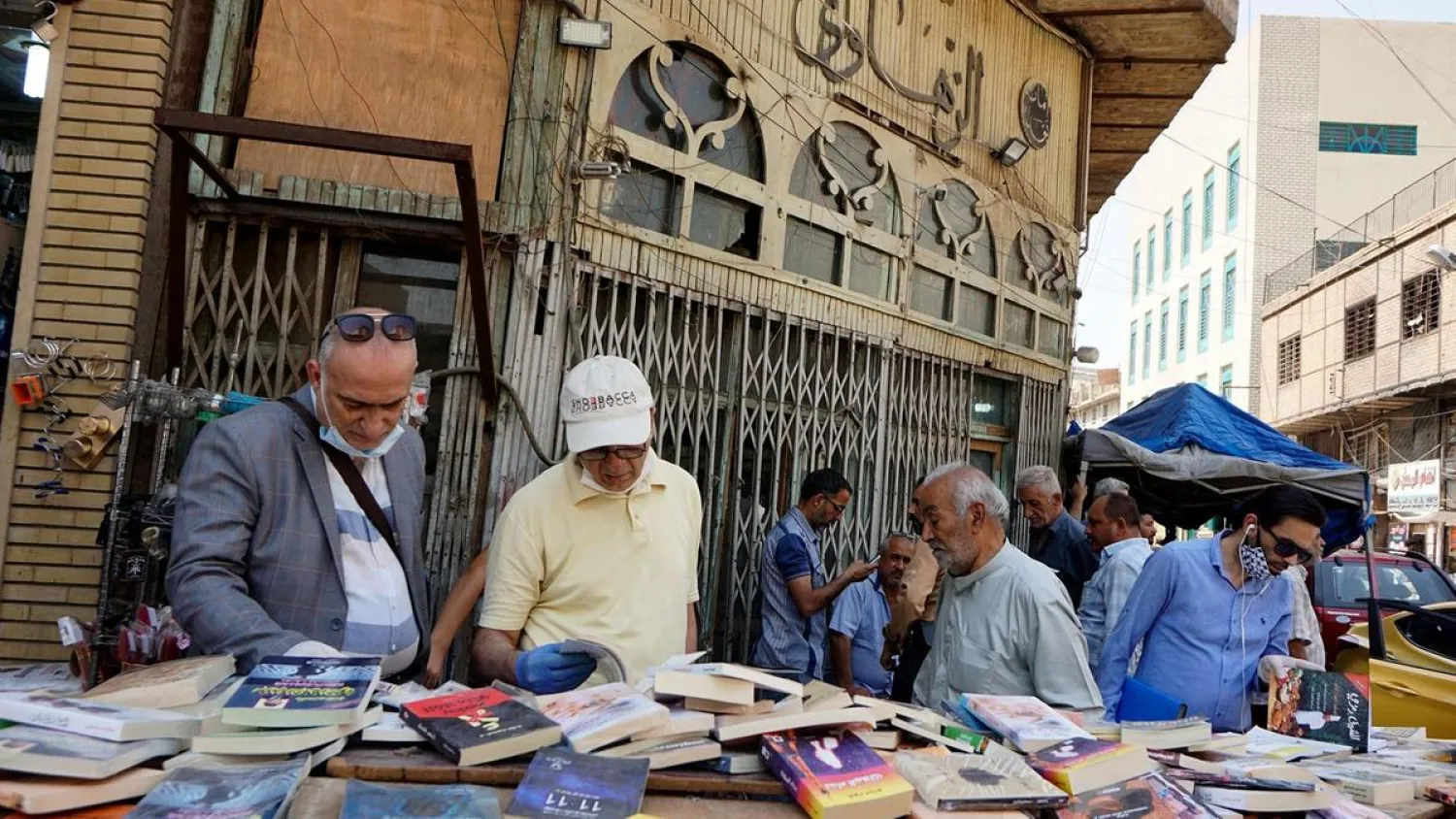Like she had done for years, Nisrine Saleh arrived at the bank to withdraw her monthly pension, paid by Iraq's government. But this time, the $920 disbursement was more than $100 short.
Cash was missing from nearly one million retired Iraqis' allowances in June, Prime Minister Mustafa al-Kadhimi acknowledged last week, sparking public uproar and tainting the government's first attempt at financial reform.
The disbursements are a lifeline for many retirees and their dependents in the heavily oil-reliant country, where 20 percent of the population lives in poverty.
That rate is set to double this year, according to the World Bank. Iraq will also struggle to fund non-pension stipends with monthly oil revenues slashed by low crude prices.
OPEC's second-largest crude producer relies on oil exports to fund more than 90 percent of its budget, making it particularly vulnerable to price shocks, explained AFP.
In May, it raked in just over $2 billion -- less than a third of what it needs to keep the government running, according to data from the oil ministry and several multilateral institutions.
Faced with this staggering shortfall, the new cabinet is proposing a slew of financial reforms, including cuts to state salaries.
But with four million Iraqis working for the government, three million receiving pensions and another million on social welfare, such cuts are deeply unpopular.
"They should cut their own salaries so they understand how we feel when our pensions are cut," said Saleh, who retired five years ago from a public sector job.
"They're willing to steal a piece of bread from a poor Iraqi's mouth, but still can't bring back the money stolen since 2003," she added, referring to billions of dollars in public funds lost to government graft since the US-led invasion of Iraq 17 years ago.
Bloated public sector
That invasion dismantled Saddam Hussein's Baathist regime but kept in place its socialist-era system of mass public hiring, subsidies and stipends.
Since 2003, public sector employment has more than trebled, while salaries and benefits have ballooned nine times over, according to a study by Iraqi economist Ali Mawlawi.
The problem is getting worse every year: more than 800,000 Iraqis enter the workforce annually, expecting to be appointed to a public sector job.
Last year, to make room for new hires, ex-premier Adel Abdel Mahdi moved to decrease the retirement age, sending hundreds of thousands of public servants home.
But that in turn added pressure on pension outlays.
Kadhimi told reporters that the portion missing from retirees' allowances this month was caused by a "lack of liquidity," not a deliberate cut.
"The pensioner will get the missing amount next month. I've promised that pensions will not be touched," he vowed.
But the damage was done: media outlets accused the premier of targeting poor pensioners instead of high-level architects of graft.
Parliament swiftly voted against any salary cuts and delayed another vote on internal or external borrowing, which could have helped the government tap cash immediately.
'Accounts empty'
The public backlash could scupper the government's structural reform plans, which include some salary cuts to senior state workers.
"Our accounts are almost empty. Not enough revenues are coming in and with no way to get liquidity fast, the idea was to cut salaries," a senior official told AFP.
Iraqi public workers are paid a nominal salary, plus cash bonuses based on factors including seniority, education, children -- or, informally, political and family ties.
An Iraqi lawmaker, for example, earns between $3,000 and $6,000 each month, while the average monthly wage is only about $600.
The government had been considering slashing high-level public servants' cash bonuses by around 50 percent, and low-level employees by around a third.
But given the outrage over the pension fund gaffe, the government appears to have slowed down those plans.
Kadhimi has also pledged to audit the state stipend program, which includes not only pensions but also payouts to Iraqis exiled or jailed under Saddam's regime.
Iraq compensates some 30,000 people and their relatives who were exiled by Saddam to neighboring Saudi Arabia with the equivalent of $1,000 per month.
The same amount is also paid to some 200,000 former political prisoners.
In an address to journalists last week, Kadhimi insisted those payouts be reviewed, as many recipients lived abroad and didn't need the money as badly as Iraqis back home.
"I consider this a crime," Kadhimi said.
His comments have sparked protests by former political prisoners and relatives of exiled Iraqis who are against any cuts.
But Yasser Saffar, a 43-year-old unemployed Iraqi in Baghdad, stood with the prime minister.
"How is the government still compensating people who have spent their lives in Europe, but not the citizen who lived through years of sanctions, Saddam's injustice, terrorism and civil war?" Saffar asked.









